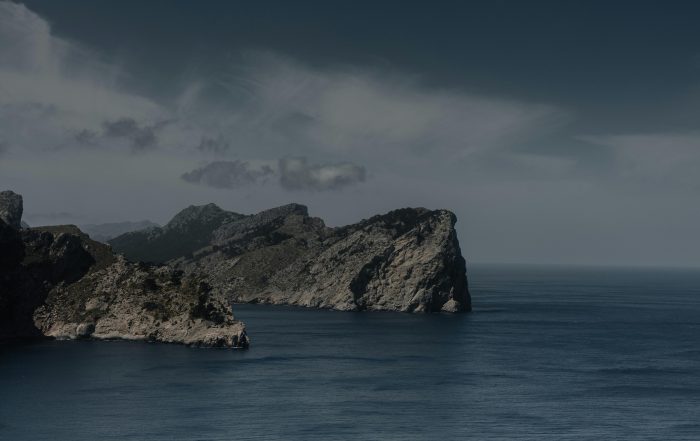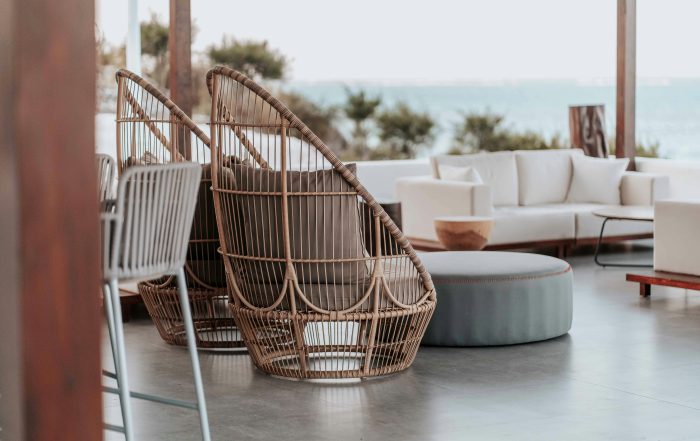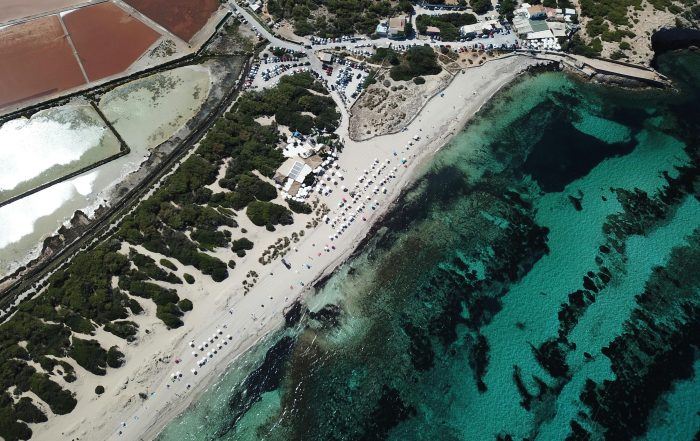Yacht Insurance Claims After Extreme Weather: Legal Steps in Ibiza
Yachting Law
In the aftermath of a storm, the real battle often begins. It’s not against the elements, but against a complex, often frustrating claims process where your rights can be easily overlooked.
Table Of Contents
A Legal Blueprint for Marinas, Ports & Harbours in Spain
Every year, storms hit the Balearic Islands with greater intensity.
After each one, ports fill not only with damaged yacht, but with owners trying to understand why their insurers suddenly question coverage that seemed “comprehensive.”
Recent episodes, showed a clear pattern: damages were often excluded due to alleged “improper mooring,” “lack of maintenance,” or “non-extraordinary weather.”
These disputes have made post-storm legal advice almost as essential as an anchor.
Legal procedure for filing and defending your claims to yacht insurance after extreme weather conditions
Phase 1: The Immediate Aftermath – Securing the Evidence
The first 48 hours after an incident are the most critical. The actions you take here will form the foundation of your entire claim. Your immediate goal is to document everything.
- The 24-Hour Rule: Report the incident in writing to both your insurer and the port authority immediately. Delays in notification are frequently used by insurers as grounds for rejection.
- Document the Scene: Before anything is moved or repaired, gather extensive photo and video evidence of the damage, your mooring lines, and the surrounding conditions.
- Official Reports: Request a report from the Capitanía Marítima. Their official categorization of the weather event is a crucial piece of evidence.
Phase 2: Building Your Case – The Legal & Technical Foundation
The core of any storm-related claim is the legal battle between “force majeure” and “owner negligence.”
Spanish insurance law (Ley de Contrato de Seguro, 1980) recognizes exceptional acts of nature, but insurers will argue that damages were foreseeable or preventable with better maintenance.
Your strategy must be to proactively prove your diligence by examining:
- Official Weather Data: Evidence of official AEMET alerts (orange or red level) is critical to substantiating the “exceptional” nature of the event.
- The Independent Surveyor: Do not rely solely on the insurer’s loss adjuster. Hire your own independent, qualified Spanish marine surveyor (perito marítimo titulado). Spanish courts give significant weight to their reports as primary evidence.
- The Evidence of Diligence: Gather all proof of proper maintenance, up-to-date safety certificates, and compliance with any port restrictions issued by the Harbor Master’s Office.
- The Policy Review: A lawyer must analyze your policy for specific exclusion clauses related to fenómenos atmosféricos. Some international yacht policies include vague references to “extraordinary phenomena” that don’t align with Spanish law or EU norms. Ambiguous drafting can be challenged, especially when the event’s severity is officially recorded by AEMET or port authorities.
Real-World Example: after the 2020 storm Gloria, numerous claims were initially rejected for “avoidable mooring failures.” Several were later overturned after legal review proved compliance with port safety protocols. It’s a reminder that diligence and documentation can turn a denied claim into a successful recovery.
Phase 3: The Path to Resolution – Negotiation & Legal Action
Once your case is built, the final phase begins.
Common disputes at this stage include undervalued claims using mainland repair estimates instead of Ibiza’s real market costs, or cross-border policy conflicts where the jurisdiction clause points to another country.
If the insurer rejects your claim or offers an unfair settlement, you have two years from the date of the loss to initiate legal action, as stipulated by Article 23 of the Ley de Contrato de Seguro.
This is where local representation becomes a decisive advantage. Maritime claims in Spain are highly procedural.
A small misstep, like submitting an uncertified translation or notifying the wrong authority, can void a legitimate case.
A legal team based in Ibiza knows the administrative channels, collaborates with local marinas, and can bridge the gap that many insurers exploit between Spanish maritime law and what a policyholder understands from their home country.
Certainty in the Face of Unpredictability
A storm may last one night, but the legal and administrative process that follows can last for months.
A successful insurance claim is not a matter of chance; it is the result of a deliberate, proactive strategy executed with legal precision from the moment an incident occurs.
Storms may be unpredictable, but your legal preparedness should not be. In Ibiza, where a yacht is a significant asset, having local legal counsel ensures that “covered” truly means protected.
Almar Lawyers, Maritime law specialists in Ibiza, helping yacht owners navigate claims, contracts, and compliance with precision and local insight.
FAQs: Yacht Insurance Claims After Extreme Weather
- Is weather-related damage automatically covered by yacht insurance?
Only if the policy includes “natural events” coverage and you can demonstrate that you took all reasonable preventive measures (due diligence). - Can I file my claim in Spain if my insurer is based abroad?
Yes, if the insured risk (the yacht) is located in Spanish waters. The applicable law and jurisdiction must be verified in your policy wording. - How long do I have to take legal action if my claim is rejected?
Under Spanish law, the standard limitation period is two years from the date of the incident. - Can I claim if the damage occurred inside a private marina?
Yes, provided you can prove that proper mooring was in place and the incident was reported immediately. Liability between marina and owner will depend on contractual terms and negligence assessment. - Does the Consorcio de Compensación cover yacht damage?
Only if the storm is declared “extraordinary.” Most isolated or moderate events remain under private insurer coverage. - Is it worth hiring a lawyer for a small claim?
If the yacht is insured under a high-value policy or moored in a professional marina, yes. Legal guidance helps ensure that the claim meets formal and evidentiary requirements from the start, saving months of dispute.
Discover all our services and contact our experts now. Follow us on Linkedin to make sure you don’t miss a thing.



